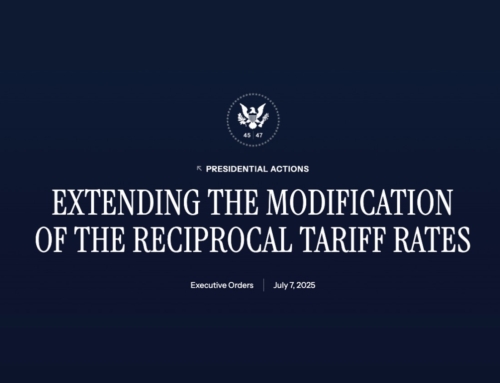Effective March 15, 2019, U.S. Customs and Border Protection is ending its delayed enforcement period for ISF-5 type violations and will begin issuing liquidated damage claims.
Back in April of 2018, CBP published a rule (effective May 14, 2018) expanding the definition of Importer Security Filing (ISF) Importer for certain types of shipments. The changes were necessary to ensure that the ISF Importer included parties that have a commercial interest in the cargo and have best access to the required data.
Importer Security Filing (ISF) Importer means the party causing goods to arrive within the limits of a port in the United States by vessel.
For shipments other than foreign cargo remaining on board (FROB), the ISF Importer will be the goods’ owner, purchaser, consignee, or agent such as a licensed customs broker.
For immediate exportation (IE) and transportation and exportation (T&E) in-bond shipments, and goods to be delivered to a Foreign Trade Zone (FTZ), the ISF Importer may also be the party filing the IE, T&E, or FTZ documentation.
For FROB cargo, the ISF Importer will be the carrier or the non-vessel operating common carrier.
ISF-5 FILING ELEMENTS:
- Booking Party
- Foreign Port of Unlading
- Place of Delivery
- Ship to Party
- Commodity HTSUS Number
BACKGROUND
Finalized in 2009, the Importer Security Filing (ISF), also commonly known as the “10+2” initiative, is a Customs and Border Protection (CBP) regulation that requires importers and vessel operating carriers to provide additional advance trade data to CBP pursuant to Section 203 of the SAFE Port Act of 2006 and section 343(a) of the Trade Act of 2002, as amended by the Maritime Transportation Security Act of 2002, for non-bulk cargo shipments arriving into the United States by vessel.
To help prevent terrorist weapons from being transported to the United States, vessel carriers bringing cargo to the United States are required to transmit certain information to Customs and Border Protection (CBP) about the cargo they are transporting prior to lading that cargo at foreign ports of entry.
As Green continues to monitor the situation, stay up-to-date on freight news by following us on Facebook, Twitter, and LinkedIn or, subscribe to Green’s Freight Talk blog to received updates directly to your email.






